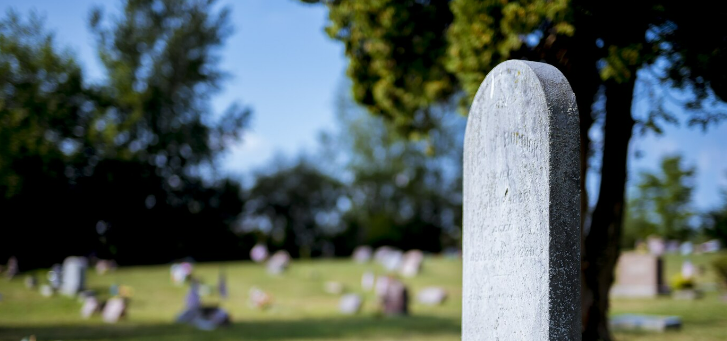Your Legacy, Our Priority.
What To Do When Someone Dies
Losing a loved one is an incredibly challenging experience and, in the midst of grief, it can be overwhelming to manage the practical tasks that follow. Understanding what to do when someone dies can help make this difficult time a little more manageable. This guide will walk you through the essential steps to take when a loved one passes away.

Step 1: Notify the Authorities
If the death occurs at home and is unexpected, your first step should be to call emergency services. If your loved one was under the care of a doctor or hospice, notify them, and they will guide you through the process. If the death happens in a hospital or care home, the staff will handle this for you.
Step 2: Get a Medical Certificate
A medical certificate confirming the cause of death is required before you can register the death. This certificate is usually provided by the doctor who was treating the deceased. In the case of unexpected or unexplained deaths, the Coroner may be involved, which could delay this step.


Step 3: Register the Death
You must register the death within five days (in England, Wales, and Northern Ireland) or eight days (in Scotland). This can usually be done at your local Register Office. You will need the medical certificate and may also be asked for details such as the deceased’s full name, date, and place of birth, and occupation. Once the death is registered, you will receive the Death Certificate and the necessary documents to arrange the funeral.
Step 4: Arrange the Funeral
With the death registered, you can proceed with funeral arrangements. Check if your loved one left a Will or any instructions regarding their funeral wishes. If there is no Will, the closest family members will typically make the decisions. Funeral Directors can help you with the planning and ensure that everything is handled with care and respect.
Step 5: Notify Relevant Parties
Inform family members and friends about the death. Additionally, you will need to notify Government agencies, banks, insurance companies, and any other organisations with which the deceased had dealings. You may want to use the “Tell Us Once” service, available in the UK, which allows you to report a death to most Government organisations in one go.
Step 6: Locate the Will
Finding the Will is crucial as it outlines how your loved one’s estate should be managed and distributed. The Executor named in the Will is responsible for carrying out these wishes. If you’re not sure where the Will is kept, check with the deceased’s solicitor, bank, or personal papers. You can also look at the National Will Register to check if a Will has been registered with them.

Did you know that 52% of people don’t know where their parents store estate planning documents?
Not knowing where these crucial documents are can lead to confusion and stress during difficult times. Having open conversations about estate planning is vital for ensuring everything is in place when it's needed most.

Step 7: Begin the Probate Process
If your loved one left a Will, the Executor will need to apply for probate (known as confirmation in Scotland). Probate gives the Executor the legal authority to manage the deceased’s estate. This can include paying debts, closing accounts, and distributing assets according to the Will. If there is no Will, an Administrator will be appointed by the court to handle these responsibilities.
Step 8: Manage the Estate
Once probate is granted, the Executor or Administrator can begin managing the estate. This involves collecting assets, settling debts, and distributing the remaining estate to the beneficiaries as outlined in the Will. Here at Oak Shields, we can deal with a range of disputes or complexities, so get in touch if you have any questions.
Step 9: Consider the Financial Implications
Handling an estate can have financial implications, including taxes. Depending on the size and complexity of the estate, inheritance tax may be due. The Executor is responsible for ensuring that all taxes are paid before the estate is distributed. Professional advice can help ensure everything is handled correctly.
Step 10: Seek Support
Finally, it’s important to take care of yourself during this time. Dealing with the death of a loved one will be emotionally taxing, so don’t hesitate to seek support from friends, family, or professional counsellors. There are also many charities and organisations that offer bereavement support.
We Are Here to Help
Dealing with the aftermath of a death can be a daunting task, especially while grieving. By following these steps and seeking the right support, you can navigate this difficult period more smoothly. At Oak Shields, we’re here to help you with any estate planning needs, whether you’re managing a loved one’s estate or planning for the future. Please feel free to contact us for advice or assistance.












